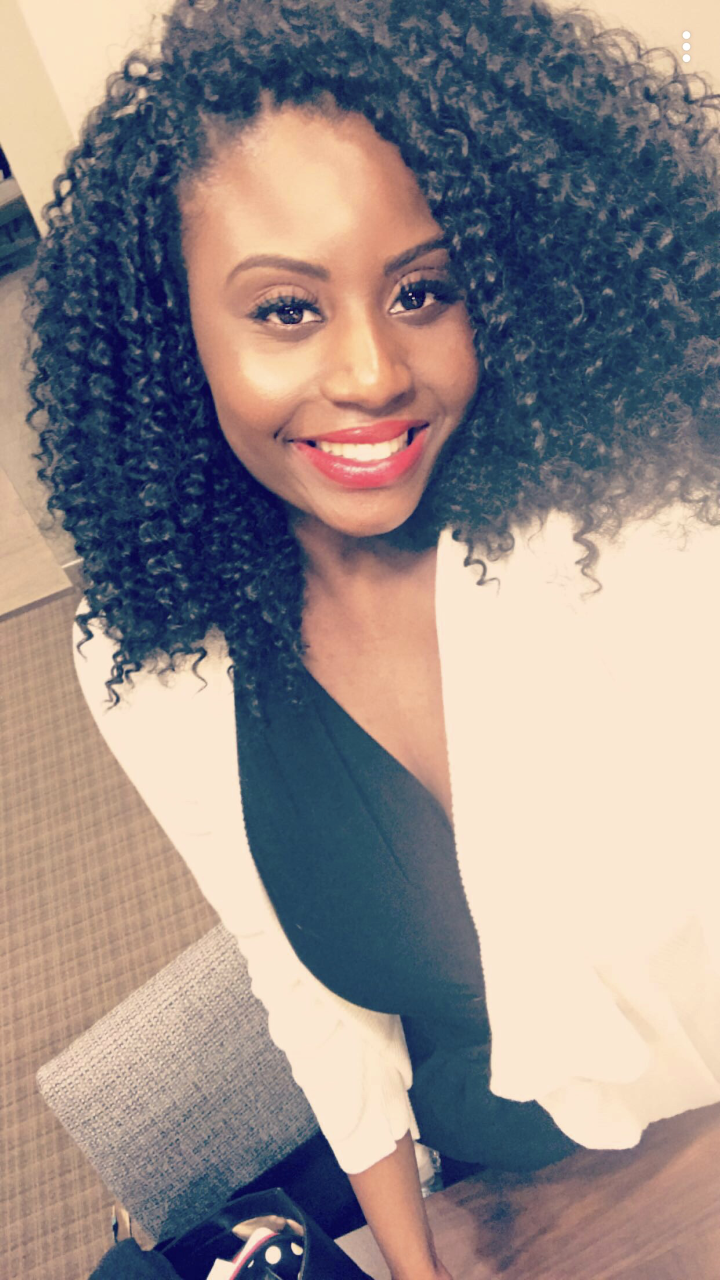How Arlene Theodore inspires advocacy, mentorship, and greater campus equity
 Since she joined the MCLA community in 2019, Arlene Theodore has kept her door open.
Since she joined the MCLA community in 2019, Arlene Theodore has kept her door open.
As associate director of MCLA’s diversity programs and Multicultural Education Resource Center (MERC), she is a mentor, a passionate advocate for students of color, and a content expert who is working across campus to make sure everyone understands that diversity, equity, and inclusion work requires the entire community’s participation.
“DEI work is not a quick fix,” Theodore said. “It’s not departmental work. It’s not office work. It requires institutional effort. We cannot do this work alone. We need help, and we need everyone to be on board with helping us.”
When she started at MCLA—and, in fact, when she met with students as part of her interview process—she saw right away that immediate action was needed. “The first year I came here, students of color were broken. They were upset, angry, and tired,” she said. Visiting her in her office at the Amsler Campus Center, they told her about the many ways they felt unwelcome and the difficulties they saw as they navigated their way through a majority-white institution located in a majority-white county.
“One thing we speak about all the time is driving around the area and seeing Confederate or Blue Lives Matter flags,” Theodore said. “Culture shock is a huge part of this. It’s a complex issue, and people don’t understand how much it starts to affect you on an individual level.” Students of color often come to the Berkshires from more diverse areas—it’s hard for them to find folks who look like them, find a place to get their hair done, find restaurants that serve ethnic foods. Many of these students are the first in their families to go to college, and don’t have a frame of reference for what a college experience looks like.
“I have the same shared and lived experiences as many of my students,” she said. “I get a lot of their problems, stresses, fears, and expectations. I think that makes this work so much more powerful. Representation matters. There’s a trust that they have in me that they may not have in everyone at MCLA.”
Right away, she launched “Real Talk Mondays,” which are still going strong—students join her at MERC to talk about their disconnect with the campus community, police officers on both a global and community level, their discomfort with racial remarks made in their classrooms, and their frustration with how their concerns are being received. “Many students didn’t know how to advocate for themselves in a way where they would be heard,” said Theodore. She’s worked with student leaders on this, teaching them how to communicate the impact of what’s going on and ask for concrete outcomes.
Theodore said she has seen real progress in that aspect of her work. “Now they come to see me to learn how they can effectively advocate and get results. This has been an ongoing conversation with multiple students of color. They’re way more grounded, way more centered, and they have a pulse on their sense of advocacy,” she said.
Theodore is originally from Brooklyn, and before coming to the Berkshires worked as a residence hall director at Eastern Connecticut State University, where she was able to access professional development around social justice work. At MCLA, she’s instituted trainings for student-facing staff on racial sensitivity, inclusivity, and cultural competency. Her goal is to foster true understanding and empathy, and give staff members the tools to have uncomfortable conversations, be aware of their own existing biases, and deal with racial incidents from a place of deeper understanding. “Too often, it’s only the affinity spaces that are doing this work. We can only reach a certain amount of people,” she said.
It’s not enough, though, to have skills and understanding—it takes a conscious community with the will to bridge the gap. “I don’t want our institution to get to a place where if there are no racial incidents occurring, then we stop having the conversation and we are no longer educating ourselves,” she said. “Everybody has to want to do the work. At MCLA, we often get to a point where we have great momentum, and then we stop. I would like for us to keep on going.”
